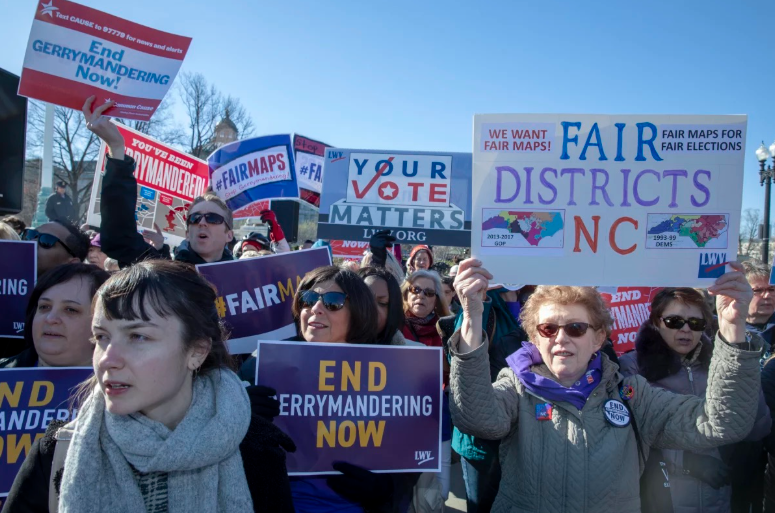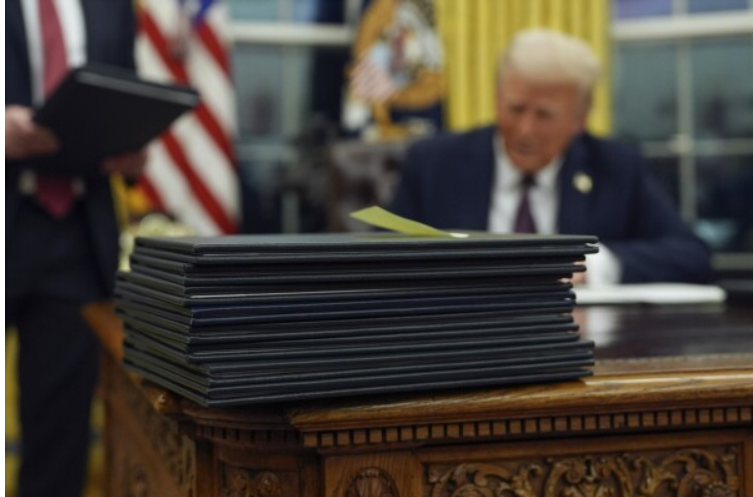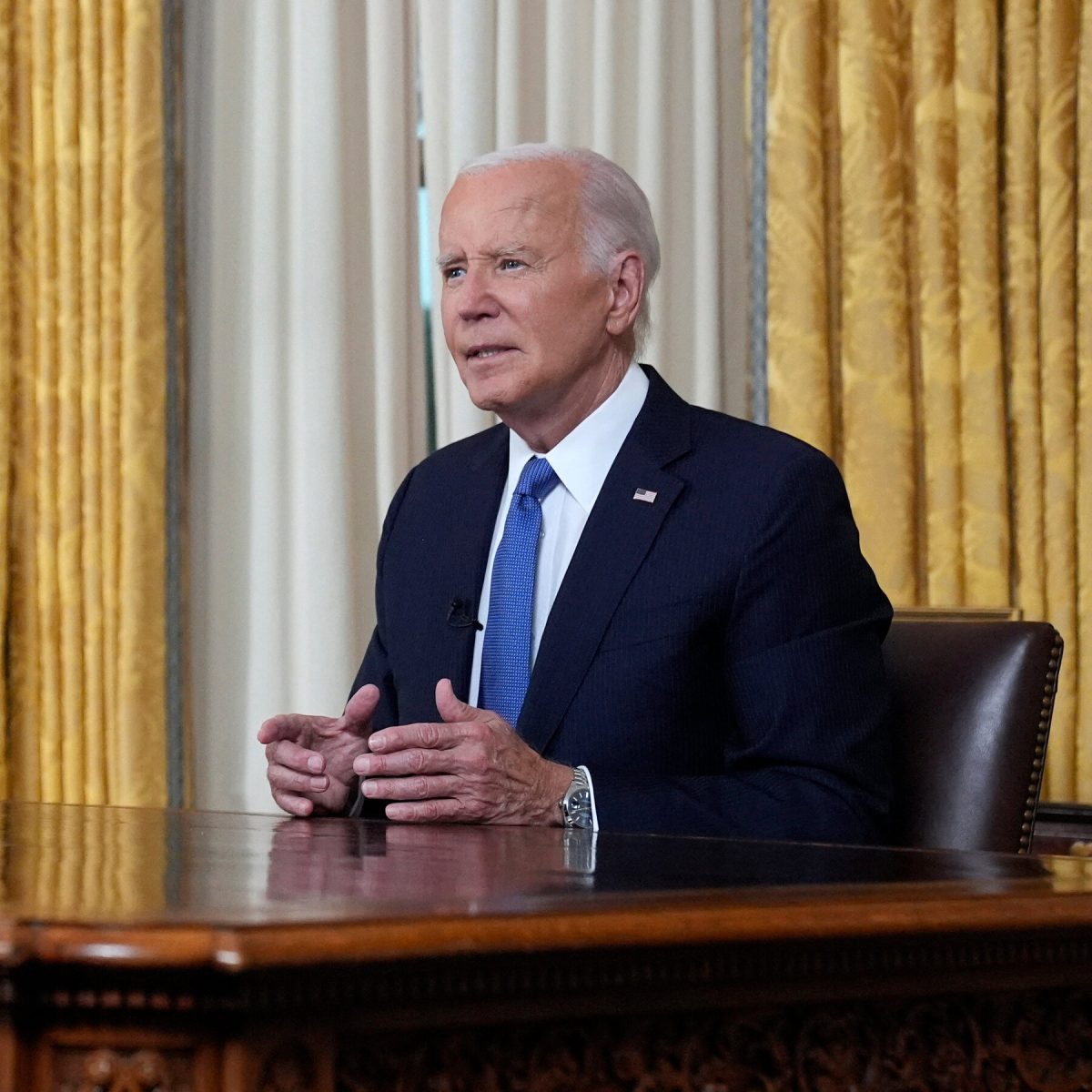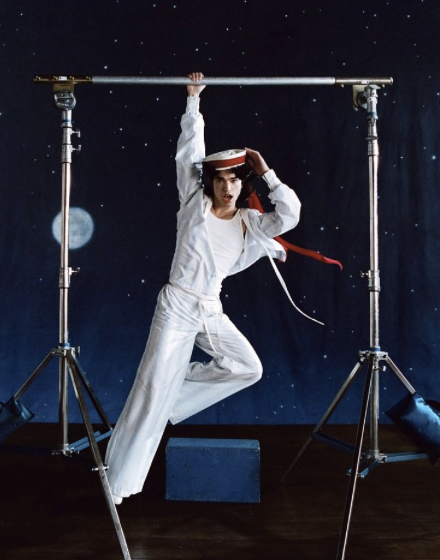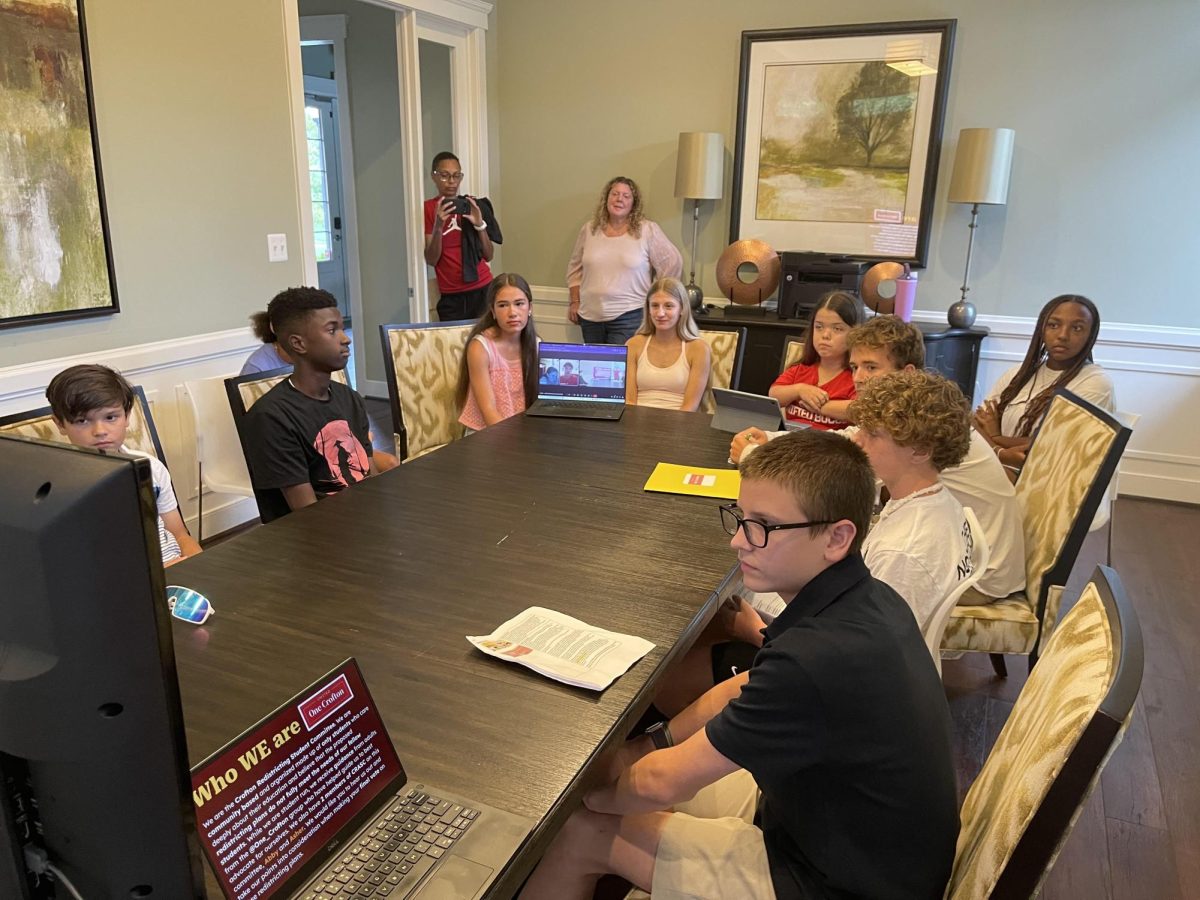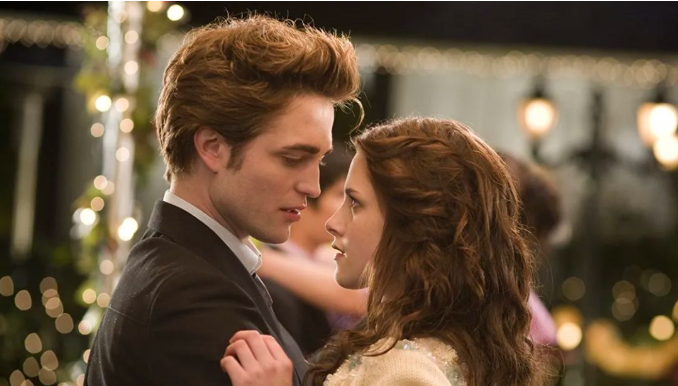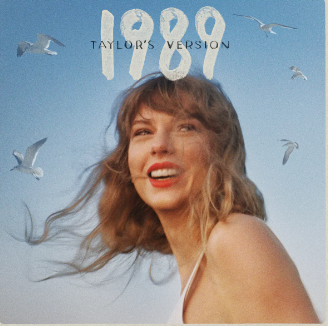If you’ve ever felt like time is passing slower, especially in a boring class, (looking at you history), and you’re curious what could be making the time feel so warped, part of it could be related to something other than just emotion.
According to a study published in Psychophysiology our individual and momentary perception of time is tied to our current heart rate. The study, published in March, sought to connect long withstanding theories that the heart places a role in the experience of time.
The study involved attaching an electrocardiographic device to 45 test subjects in order to very accurately measure heartbeats. Next they played the participants a sub-second long tone and asked for estimates on length. The data found that those who had a lower heartbeat prior to the tone being played, tended to estimate the tone to be longer than it actually was.
Those who a higher heartbeat prior to the tone ended up estimated it being shorter. Since most studies of time perception are done over longer intervals, (i.e. seeing how emotions can give the effect that time is passing slower or quicker) this study is unique because it helps to explain how time can be perceived in instantaneous moments.
Previous studies have shown that emotion affects how we perceive time on longer intervals, like an uninteresting class feeling longer, but this was interesting as it helped tackle momentary time perception. It could also affect how long we assume anything to be, which could be affected to our heart rate as well as how we feel. It’s more intuitive to think of time as something that is constant and unchanging across individual experiences, but the research is continuing to suggest that time, or at least our personal perception of it, can be changed based on our environment.

